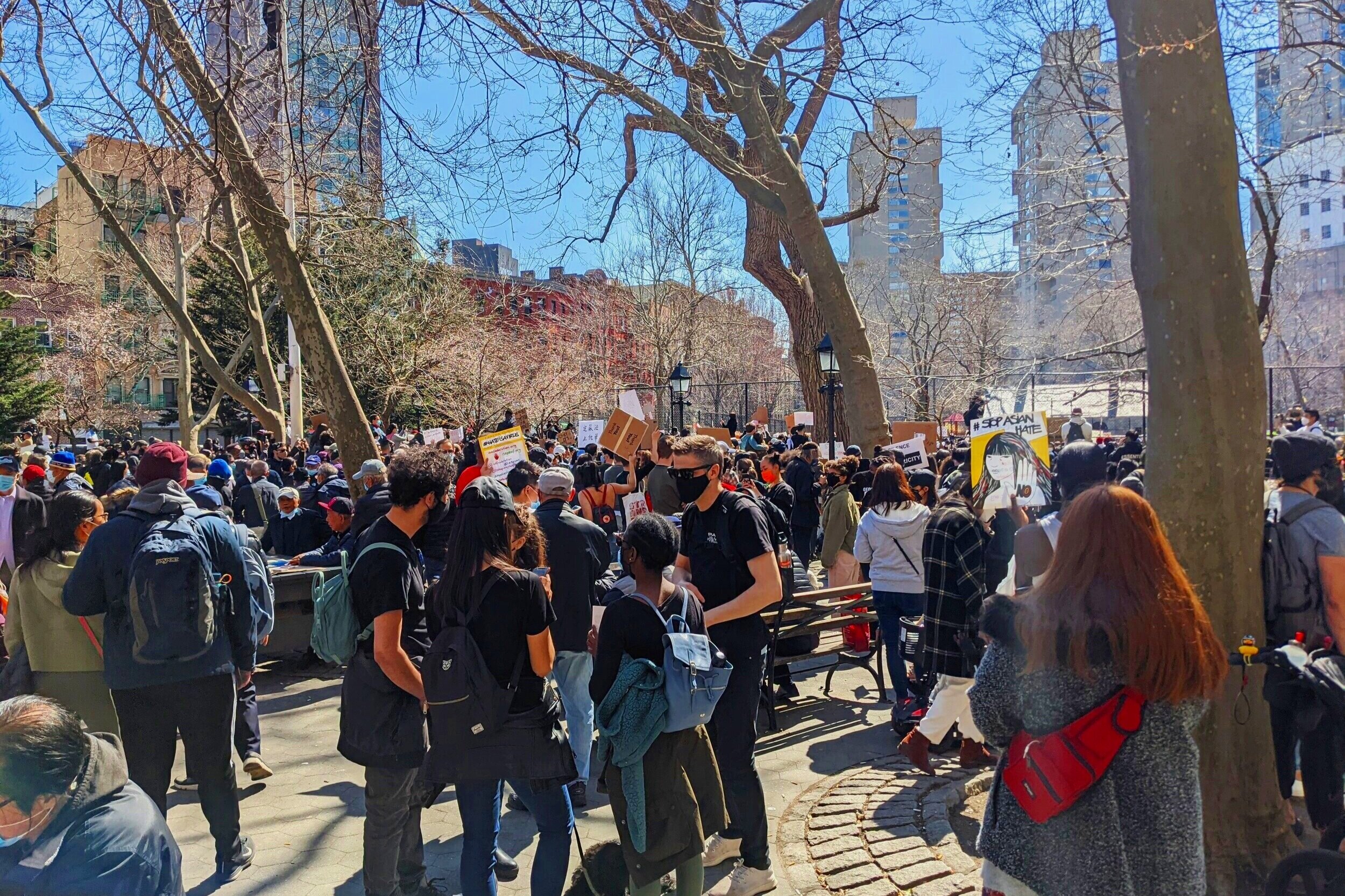friday five: double-take edition
FRIDAY, JUNE 9TH
To quote Wizards of Waverly Place, "everything is not what it seems." But it's true. You never really know someone's life. And it's a good reminder that each one comes with its own set of unique challenges. This edition urges you to look a little deeper, to resist initial judgment. Controversial, sure. But, ideally, provocative. There's always a little more to the story than meets the eye.
1. 'we are ticking time bombs': inside australia's meth crisis
Did you know Australia has the largest population of meth users in the English-speaking world? Neither did I. Australia isn't exactly a country you'd associate with something as sinister as a drug epidemic. But I suppose that's the point. Addiction is still so stigmatized that we like to believe we are above being victimized, that addiction is simply a sign of weakness. But drug addiction isn't just to an addiction to drugs. And it's important to remember that these are human beings, some who have simply fallen down a very dark and very sad path.
Also see: America's Hidden H.I.V Epidemic
2. the columbine shooters, the girls who love them, and me
Okay. This is a very sensitive topic. It's easy to dismiss these girls as stupid or naïve. It's much hard to admit that they've tapped into a vein of empathy that most of us can't bring ourselves to acknowledge, in order to distance ourselves from the monstrosity of it. And perhaps expressing love or adoration for school shooters is not the best course of action. But the point is that empathy doesn't have to mean agreement, and that in narratives like these, of the very lonely or the bullied or the socially outcast, we sometimes fail to see ourselves in them. The making of a school shooter is much more complex than snap judgments allow, which is exactly what Jodi Picoult's 19 Minutes explores.
3. when your child is a psychopath
Psychopaths are honestly so fascinating. I've actually read a lot about them, because they're such anomalies. From what I understand, most psychopaths are harmless (only around 10% are actually violent, and interestingly, school shooters don't tend to be psychopaths), but they lack empathy, or the ability to identify with others, completely. They're often charming and well-liked by other people, but feel no remorse about using this quality to manipulate people. They often treat other people like objects; their affection for that person will be directly correlated with that person's usefulness. And they lack the ability to recognize fear in other people—the part of the brain that picks up on these "distress cues" like a fearful expression is completely unresponsive. And because they're socially adept, they blend in seamlessly with society. The most common profession for psychopaths? CEO.
The game changes slightly when we're discussing psychopathic children. Because these tendencies are hard-wired into the brain, we can identify them early on, but can we ever really treat them? It's an interesting question. But it's even tougher for the kids themselves, because things that are intrinsic to us, like compassion or guilt, are things they have to work for. And imagine your whole life being a struggle like that, almost like a battle with your inner demons. It's a difficult existence.
4. look again: how to fight data blindness
We like to think of numbers as definitive answers, but even facts leave us with more questions than a computer can answer. There is no substitute for human understanding, and often times the stories lie in the nuances, in shades of grey.
5. the story we tell about poverty isn't true
This reminds me a lot of Outliers and the idea of cultural legacy as a major factor in success. It makes you think about what it really means to be marginalized. We construct this narrative of success and failure because it's comfortable, but it doesn't necessarily reflect real life:
"But most people work hard. Hard work is the common denominator in this equation, and I'm tired of the story we tell that hard work leads to success, because that story allows those of us who make it to believe we deserve it, and by implication, those who don't make it don't deserve it."






























